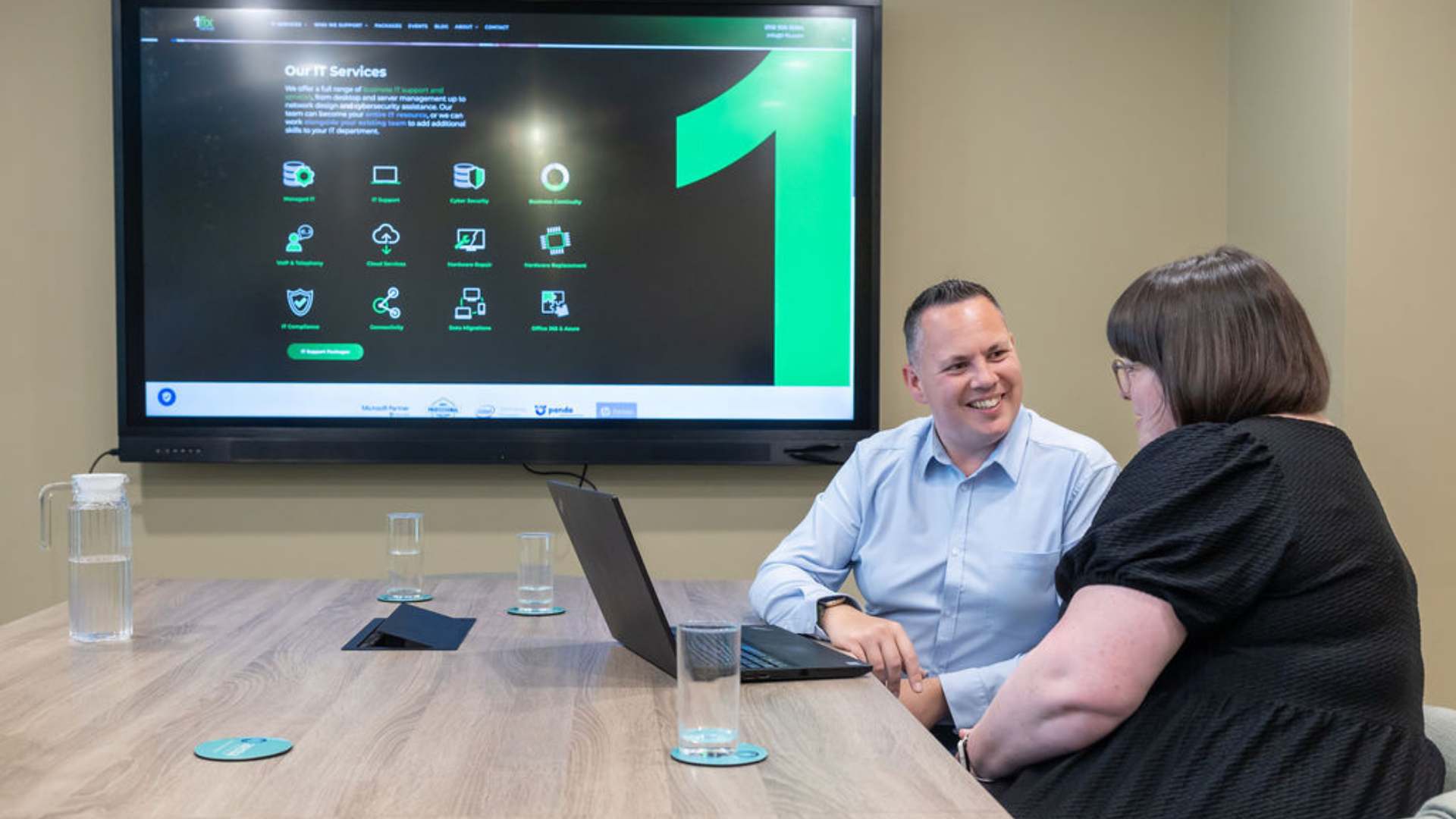Understanding Recent Cyber Attacks on Marks & Spencer and The Co-Op: Lessons for SMEs
Understanding Recent Cyber Attacks on Marks & Spencer and The Co-Op
In recent months, two of the UK's largest retailers, Marks & Spencer and the Co-Op, fell victim to alarming cyber attacks that have raised important questions about cybersecurity in the retail sector and beyond. These incidents serve as stark reminders of the growing cybersecurity risks for SMEs (Small and Medium Enterprises) and why robust cybersecurity measures are essential.
What Happened?
The cyber attack on Marks & Spencer involved hackers employing social engineering techniques, tricking IT workers to gain access to internal systems. Similar tactics were used against the Co-Op, allowing cybercriminals to reset passwords and infiltrate networks. The fallout was significant—the attack on M&S resulted in a staggering £650 million loss in market value and disruption to services, including contactless payments and click-and-collect orders.
The National Cyber Security Centre (NCSC) has been vocal about the necessity of being prepared for such attacks. Co-Op acknowledged the breach and has since issued an apology to its customers, confirming that their data was compromised as a result. These events highlight the risks that not only large corporations face but also the vulnerabilities that SMEs must confront.
Cybersecurity Risks for SMEs
As the digital landscape evolves, the question remains: Am I likely to get hacked? The unfortunate reality is that the answer is yes—no business is too small to be targeted. In fact, smaller businesses are often prime targets because they may not have the same level of cybersecurity resources as larger corporations. Cybercriminals are increasingly turning their sights on SMEs, attracted by the belief that these businesses are less equipped to defend against attacks.
Proactive Measures: How to Protect Small Businesses Against Cyber Attacks
So, what can SMEs do to protect themselves? Here are some essential strategies:
- Invest in Training: Regularly provide cybersecurity training to staff. Employees are often the first line of defence, and understanding the tactics used by cybercriminals is essential to building a strong security posture.
- Implement Strong Password Policies: Encourage staff to use complex passwords and consider employing multi-factor authentication wherever possible.
- Regular Updates: Keep all software and systems up to date to protect against vulnerabilities that hackers can exploit.
- Backup Data: Regularly back up essential data to ensure business continuity in the event of an attack.
- Engage Experts: Consider hiring or consulting with cybersecurity experts to assess risks and implement robust security measures.
Recent attacks on UK supermarkets should serve as a wake-up call for all businesses. The digital world is fraught with dangers, and understanding how to manage these risks effectively is crucial for survival. By prioritising cybersecurity and training staff in good cyber hygiene, SMEs can better safeguard themselves against the growing menace of cyberattacks.
Join Our Mailing List
All sign-ups are handled inline with our privacy policy and can unsubscribe at any time.






















